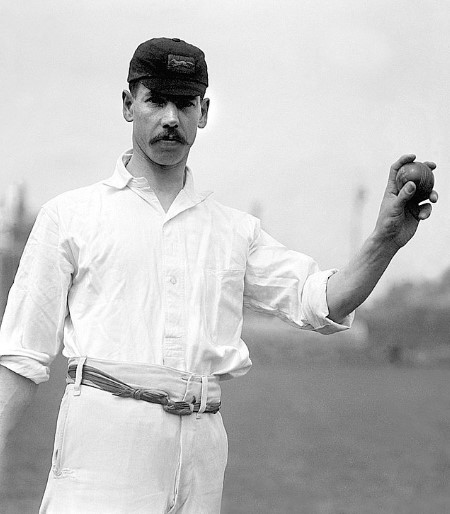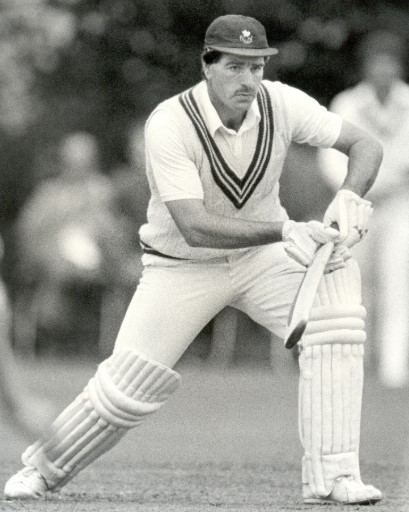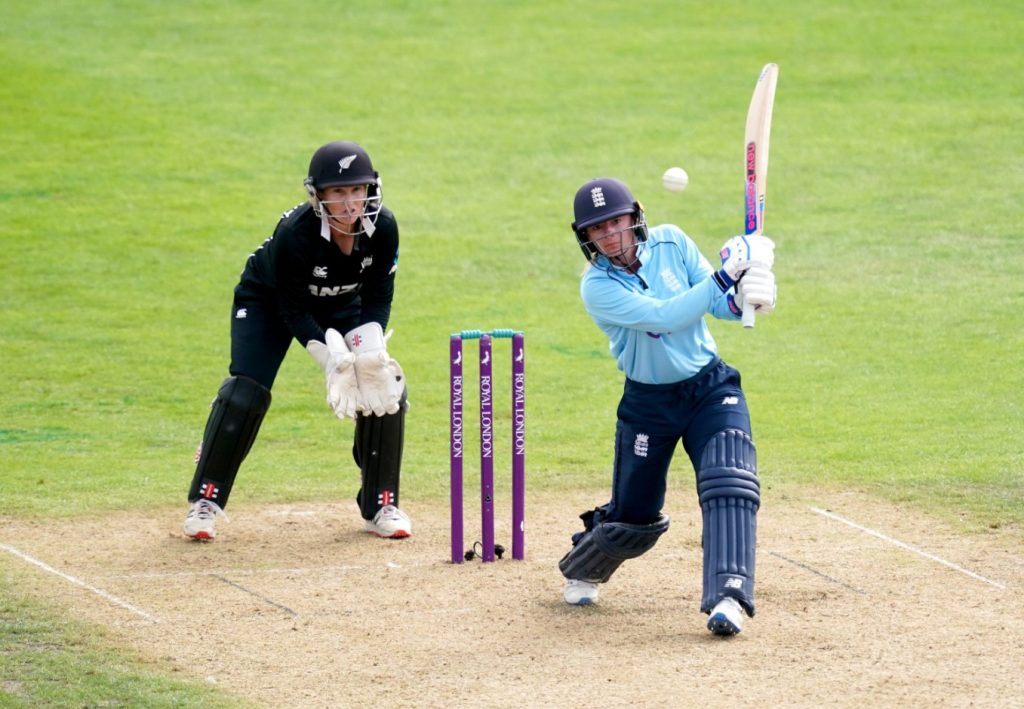In the world of cricket, boundaries—fours and sixes—are often seen as the hallmark of a batsman’s skill and dominance over the bowler. Yet, there are instances where batsmen have showcased incredible grit, patience, and precision by accumulating runs without hitting a single boundary. Achieving a high score without boundaries is a rare and commendable feat that demands exceptional running between the wickets, strategic shot placement, and remarkable stamina.
This article delves into one of cricket’s most intriguing achievements: the highest score by a batsman without hitting boundaries. It explores the significance of this record, the skills required to achieve it, and a closer look at similar performances in the history of the game.
The Unique Achievement

When a batsman scores a significant number of runs without the aid of boundaries, it highlights their ability to adapt to the game’s demands. Unlike power-hitting, this method emphasizes consistent stroke play, sharp running, and mental resilience. Such an innings often occurs in challenging conditions where boundaries are hard to come by due to tight fielding, slow outfields, or difficult pitches.
The Record-Holder
The record for the highest score by a batsman without hitting any boundaries is held by John King, who scored 72 runs without a single boundary in a first-class match. King, a cricketer for Leicestershire in the early 20th century, achieved this incredible feat in the County Championship in 1911.
King’s innings exemplified patience and determination, as he relied entirely on singles, doubles, and occasional threes. His performance was shaped by challenging playing conditions, where boundaries were difficult to achieve.
Skills Required To Achieve Such A Feat
- Stamina and Fitness
Running consistently between the wickets over an extended period requires extraordinary stamina. It is crucial for a batsman to maintain physical fitness to run quick singles, doubles, and triples without fatigue. - Shot Placement
Precision in shot placement is essential for finding gaps in the field. Batsmen who achieve high scores without boundaries excel at maneuvering the ball into spaces that allow for easy runs. - Awareness and Communication
Strong communication with the non-striker and awareness of the field placement are key to maximizing runs. Misjudged runs can lead to unnecessary risks and potential run-outs. - Mental Resilience
Scoring runs without boundaries requires patience and focus. The batsman must remain unflustered by the inability to score quick runs and stick to their game plan. - Understanding of Conditions
Such innings often occur on slow pitches or in matches where boundaries are difficult to achieve due to the outfield or skilled bowling. Adapting to these conditions is critical.
Comparing Similar Performances
Several cricketers have come close to achieving such milestones in modern cricket. Below is a table comparing notable instances where batsmen scored significant runs without relying on boundaries.

| Player | Score | Boundaries | Match Type | Year |
|---|---|---|---|---|
| John King | 72 | 0 | First-Class | 1911 |
| Mike Atherton | 47 | 0 | Test Match | 1996 |
| Geoffrey Boycott | 38 | 0 | Test Match | 1979 |
| Thilan Samaraweera | 50* | 0 | ODI | 2010 |
| Shivnarine Chanderpaul | 36 | 0 | Test Match | 2002 |
Impact On The Game
Team Dynamics
An innings without boundaries might not grab headlines, but it can play a crucial role in anchoring the innings. It demonstrates a batsman’s willingness to grind out runs for the team under challenging circumstances.
Bowler Frustration
Bowlers often rely on boundary prevention to build pressure. However, when a batsman consistently rotates the strike and accumulates runs without hitting boundaries, it can frustrate the opposition and disrupt their strategies.
Inspiration for Young Cricketers
This type of innings serves as an excellent example for aspiring cricketers, emphasizing that flamboyance is not the only path to success. It showcases the importance of adaptability, resilience, and tactical acumen.
Modern-Day Challenges

- Shorter Formats
Limited-overs cricket places a premium on quick scoring, often discouraging batsmen from adopting a boundary-free approach. - Aggressive Fielding
Modern fielding standards have improved significantly, making it harder to exploit gaps for singles and doubles. - Improved Bats
With the advent of modern bat technology, even mishits can clear the boundary ropes. This makes it less likely for batsmen to aim solely for running-based innings. - Expectations from Fans and Teams
Audiences and teams now often expect big shots and entertaining cricket, which has shifted the focus away from grinding innings.
Lessons From John King’s Record
- Adaptability is Key
King’s innings highlights the importance of adapting to the conditions, especially when boundary-scoring opportunities are scarce. - Patience Pays Off
The ability to stay patient and stick to a game plan is crucial for achieving such a feat. This is a valuable lesson for cricketers of all levels. - Team Contribution Matters Most
Individual milestones are secondary to team success. A boundary-free innings can still be incredibly impactful in the context of a match.
A Hypothetical Scenario: Achieving Such A Feat Today

Let’s imagine a batsman aiming to break King’s record in today’s cricket. Below is a potential breakdown of how they could score 80 runs without boundaries:
| Run Type | Number of Instances | Total Runs |
|---|---|---|
| Singles | 50 | 50 |
| Doubles | 10 | 20 |
| Triples | 3 | 9 |
| Extras | 1 | 1 |
| Total | – | 80 |
This table illustrates the meticulous effort required to achieve such a feat, with an emphasis on consistent running and field awareness.
The highest score by a batsman without hitting boundaries is a unique and inspiring achievement that celebrates the unsung aspects of cricket: running, patience, and mental resilience. John King’s remarkable innings of 72 remains a testament to these qualities, offering invaluable lessons to cricketers worldwide.
As cricket continues to evolve, feats like these remind us of the sport’s diversity and the many paths to success. Whether through towering sixes or well-placed singles, cricket is ultimately a game of skill, strategy, and determination.

